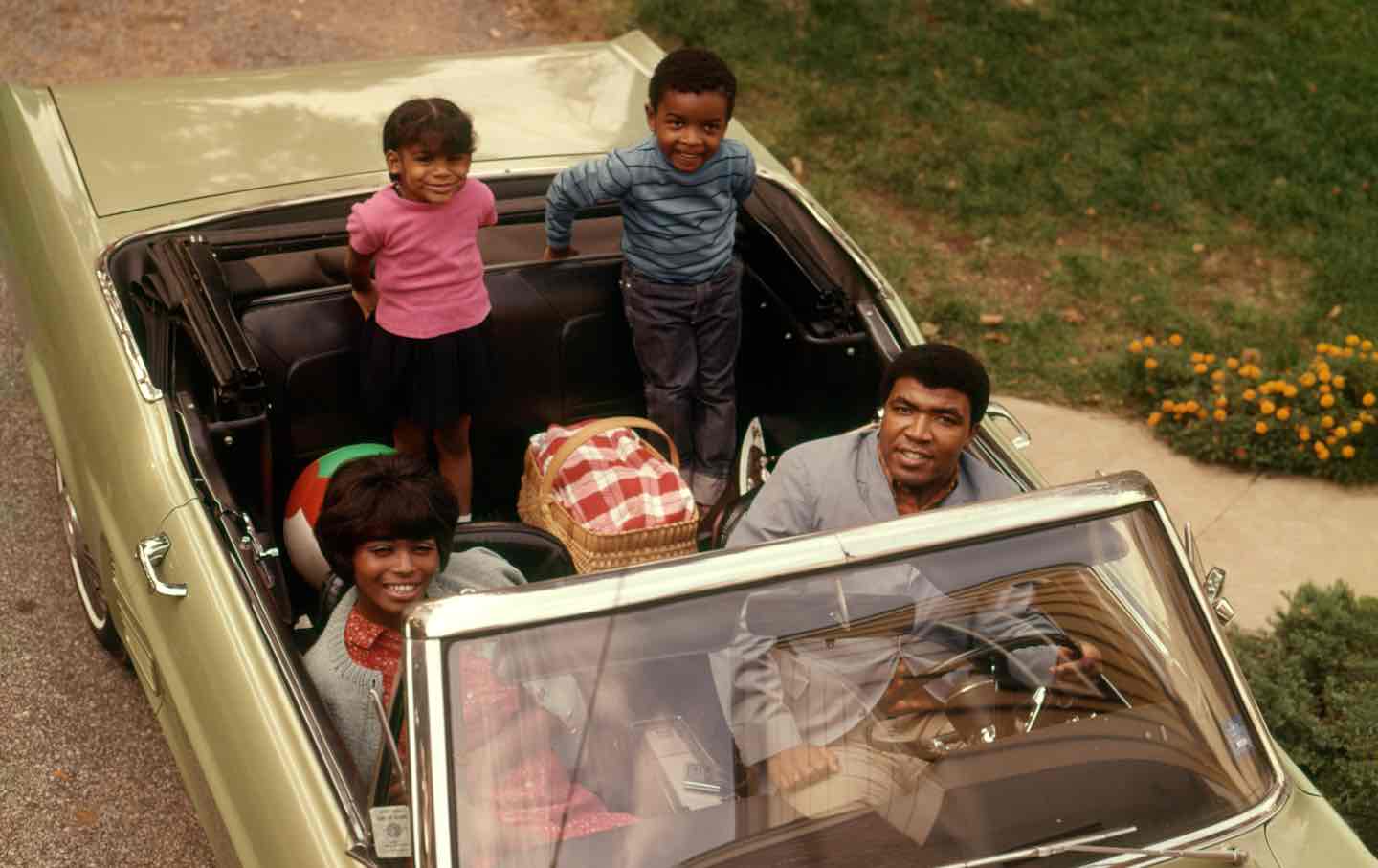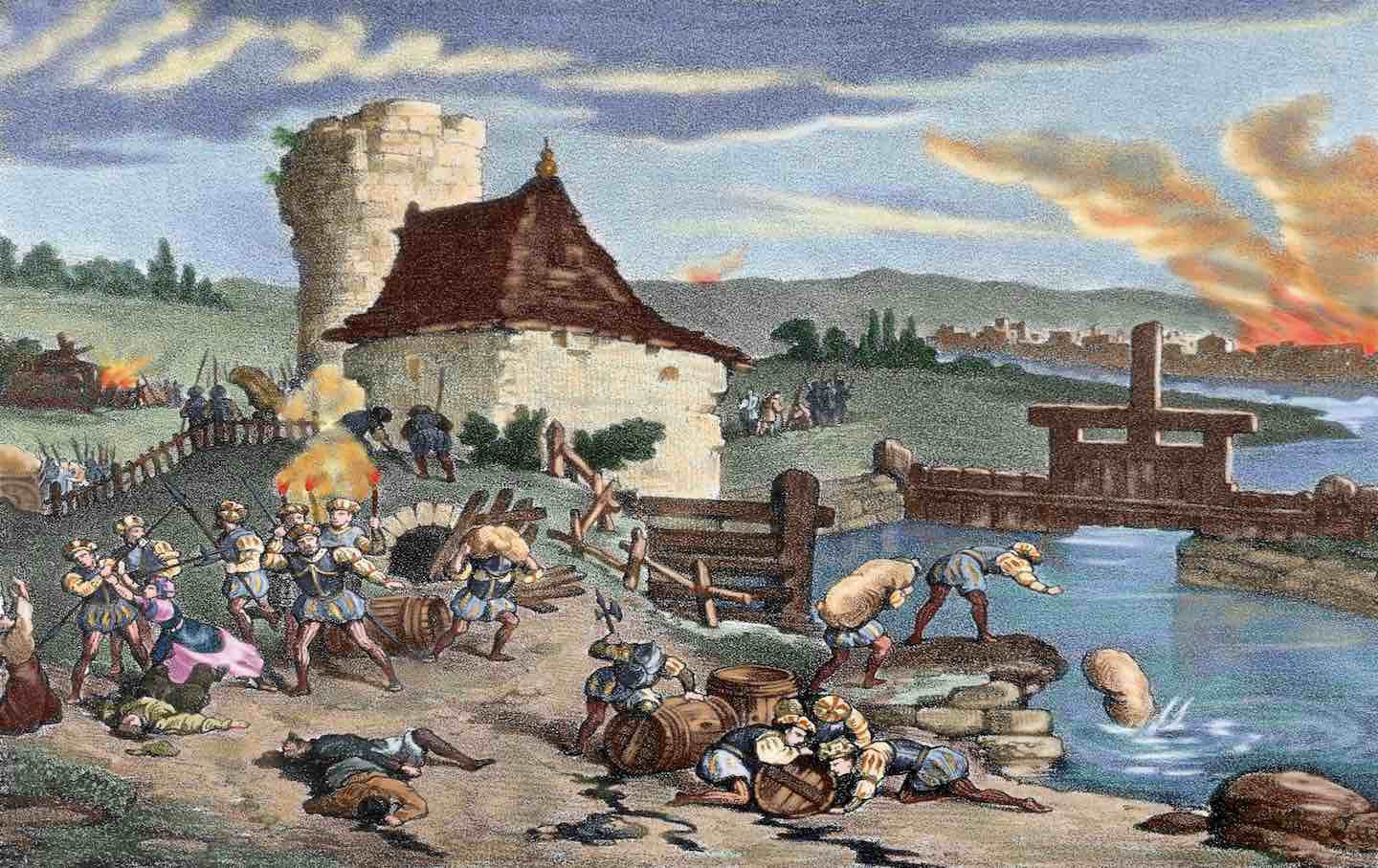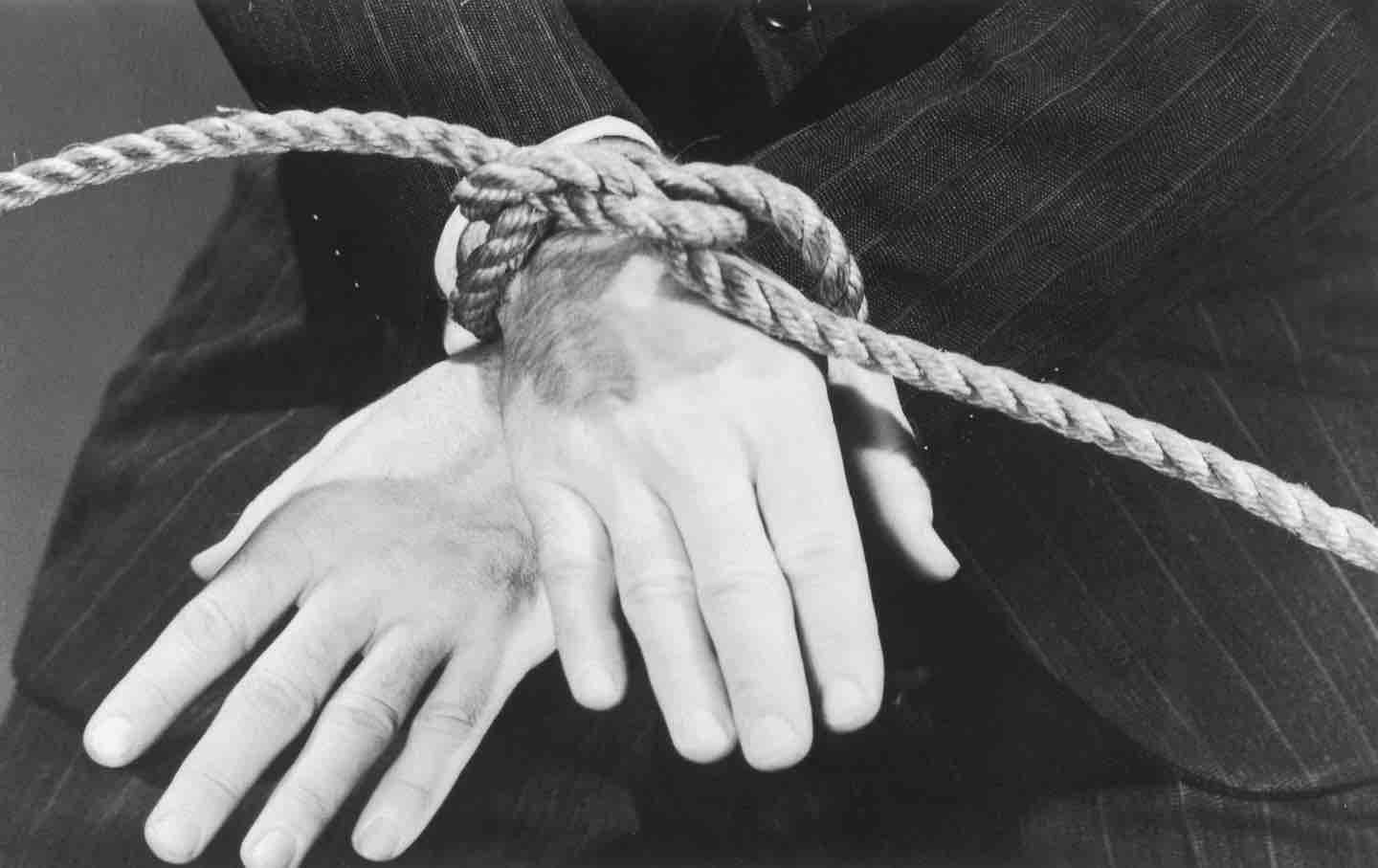Who Will Win Big at the Oscars?
A Nation reader from American Fiction to The Zone of Interest

The Oscars are upon us. It happens—every year, in fact. At The Nation we are often good at diagnosing the contradictions of capitalism, offering trenchant essays on new books, albums, and art exhibitions, and sometimes predicting the rise and fall of political regimes. When it comes to the Oscars, do we really know who will win take home a statue? No. But our critics—J. Hoberman, Tarpley Hitt, Beatrice Loayza, Jorge Cotte, Adolph Reed Jr., Mike Duncan, Erin Schwartz, Katha Pollitt, and Stephen Kearse—have written some very smart essays and reviews about the films up for nomination and that will help you make some educated guesses.
Oppenheimer
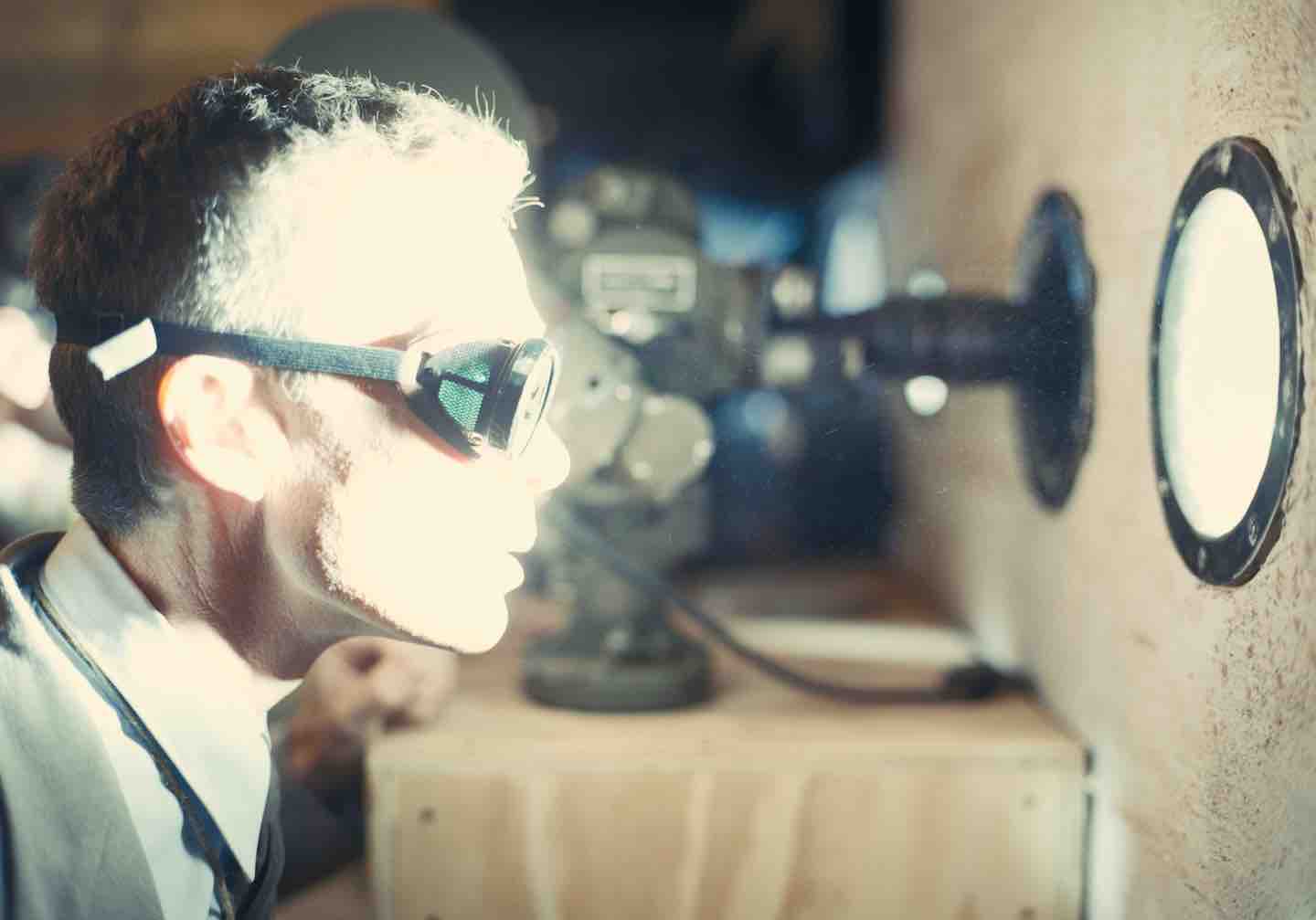
Jorge Cotte: “Nolan neither indicts nor vindicates Oppenheimer. Instead, he stays in an intimate proximity to him, documenting his captivating, then horrible, achievements and his eventual downfall.”
American Fiction

Stephen Kearse: “Written and directed by Cord Jefferson, American Fiction loosely adapts Percival Everett’s 2001 novel Erasure. But where Everett was concerned with literary culture and the plight of the Black author, Jefferson widens the story to address cultural production as a whole.”
Killers of the Flower Moon

Jorge Cotte: “Scorsese has made a career of colorful epics. His 27th feature, a sweeping story painted on a grand Western canvas, is no different. Yet unlike the flat landscape of a traditional western, the horizon in this film is not the unbounded space of American freedom: This is a horizon hedged in by the upward sprays of oil and the stark verticality of oil rigs.”
Barbie

Tarpley Hitt: “In making Barbie, Greta Gerwig…needed to tell a story about an icon that purposefully did not have one. Gerwig’s approach: to literalize Barbie’s malleability in almost every absurd way.”
Erin Schwartz: “Barbie sets up philosophical questions that are more daunting than a film based on a children’s toy might need to drive its plot forward—it gives itself the particularly hard task, for example, of summarizing contemporary feminism without skewing corny or jargon-y, something it does with mixed success.”
Katha Pollitt: “The message of Barbie is that girls can be anything, but you still have to be gorgeous while you’re doing it. Even Weird Barbie, whose hair has been chopped off and whose face is covered with crayon scribbles, is adorable.”
Napoleon
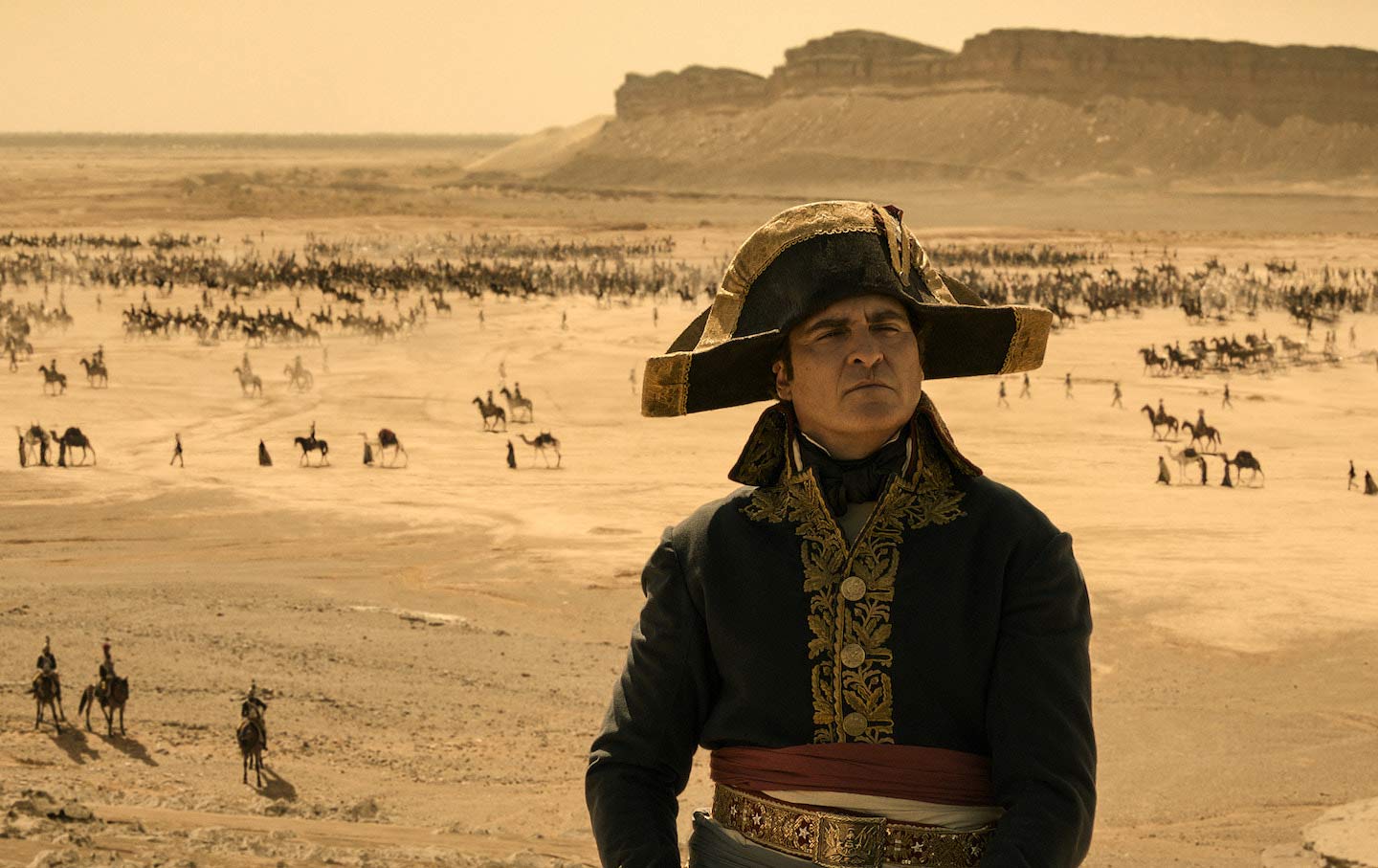
Mike Duncan: “To tell the story of the Age of Revolution, one must engage with its contradictions in one way or another. But Scott is not really interested in history.”
Popular
“swipe left below to view more authors”Swipe →May December
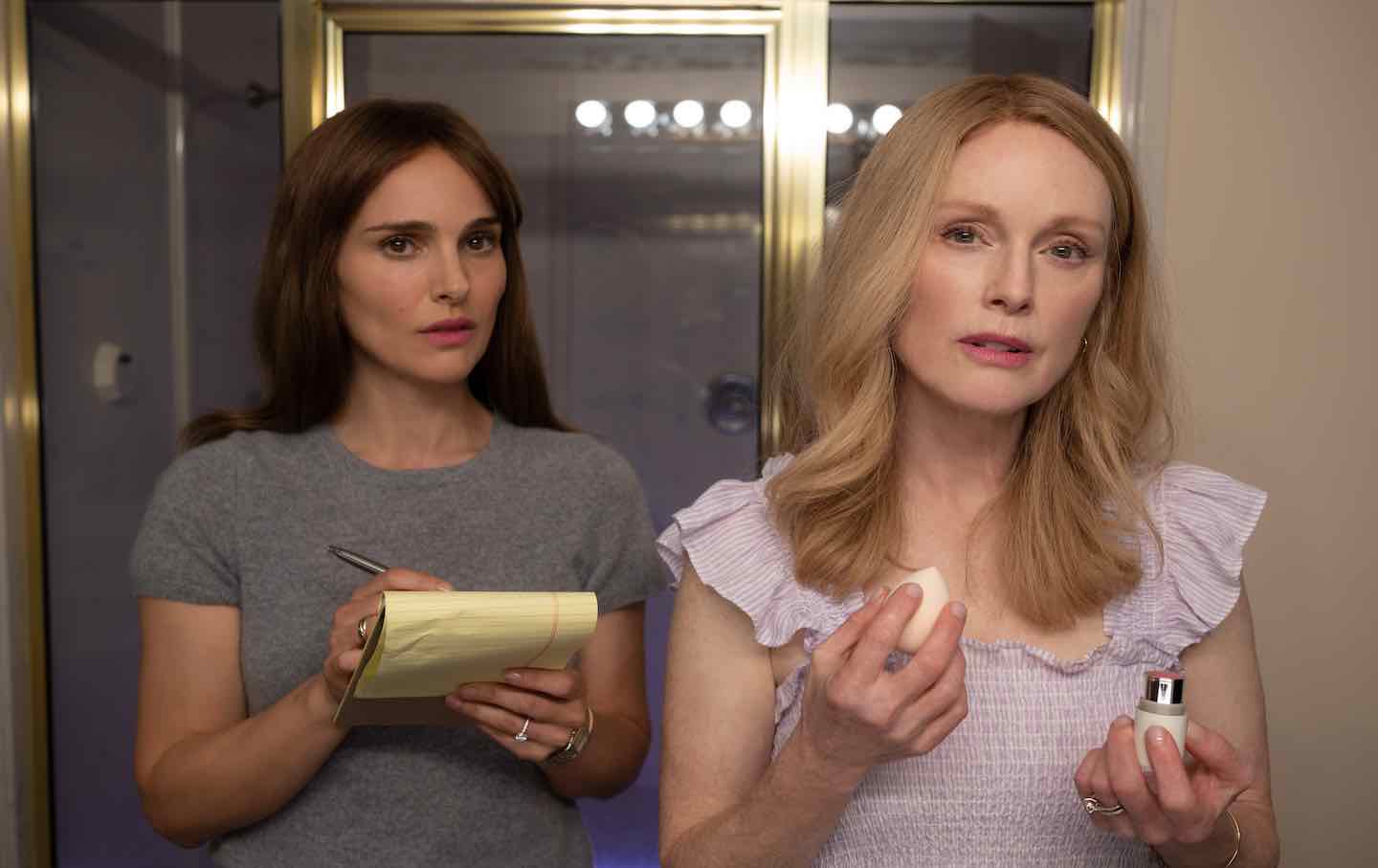
Beatrice Loayza: “Working from a screenplay by Samy Burch that resonates to an uncanny degree with Haynes’s enduring thematic obsessions, the director spins another tale of repression and desire, performance and spectatorship—this time anchored in the humdrum aftermath of a true-crime spectacle.”
The Zone of Interest

J. Hoberman: “The critic Thomas Puhr compared Glazer’s earlier films to a lake ‘whose surface remains calm and untouched so that we can better see our reflections in it,’ and that may be most true with The Zone of Interest: It is a movie that prompts contemplation even as it inspires disgust.”
Rustin

Adolph Reed Jr.: “Standard-issue Hollywood biopics perpetually fail to capture how movements are reproduced as mass projects, from the bottom up and top down, in a constantly improvised trajectory plotted in response to and in anticipation of layers of internal and external pressures.”
We cannot back down
We now confront a second Trump presidency.
There’s not a moment to lose. We must harness our fears, our grief, and yes, our anger, to resist the dangerous policies Donald Trump will unleash on our country. We rededicate ourselves to our role as journalists and writers of principle and conscience.
Today, we also steel ourselves for the fight ahead. It will demand a fearless spirit, an informed mind, wise analysis, and humane resistance. We face the enactment of Project 2025, a far-right supreme court, political authoritarianism, increasing inequality and record homelessness, a looming climate crisis, and conflicts abroad. The Nation will expose and propose, nurture investigative reporting, and stand together as a community to keep hope and possibility alive. The Nation’s work will continue—as it has in good and not-so-good times—to develop alternative ideas and visions, to deepen our mission of truth-telling and deep reporting, and to further solidarity in a nation divided.
Armed with a remarkable 160 years of bold, independent journalism, our mandate today remains the same as when abolitionists first founded The Nation—to uphold the principles of democracy and freedom, serve as a beacon through the darkest days of resistance, and to envision and struggle for a brighter future.
The day is dark, the forces arrayed are tenacious, but as the late Nation editorial board member Toni Morrison wrote “No! This is precisely the time when artists go to work. There is no time for despair, no place for self-pity, no need for silence, no room for fear. We speak, we write, we do language. That is how civilizations heal.”
I urge you to stand with The Nation and donate today.
Onwards,
Katrina vanden Heuvel
Editorial Director and Publisher, The Nation

